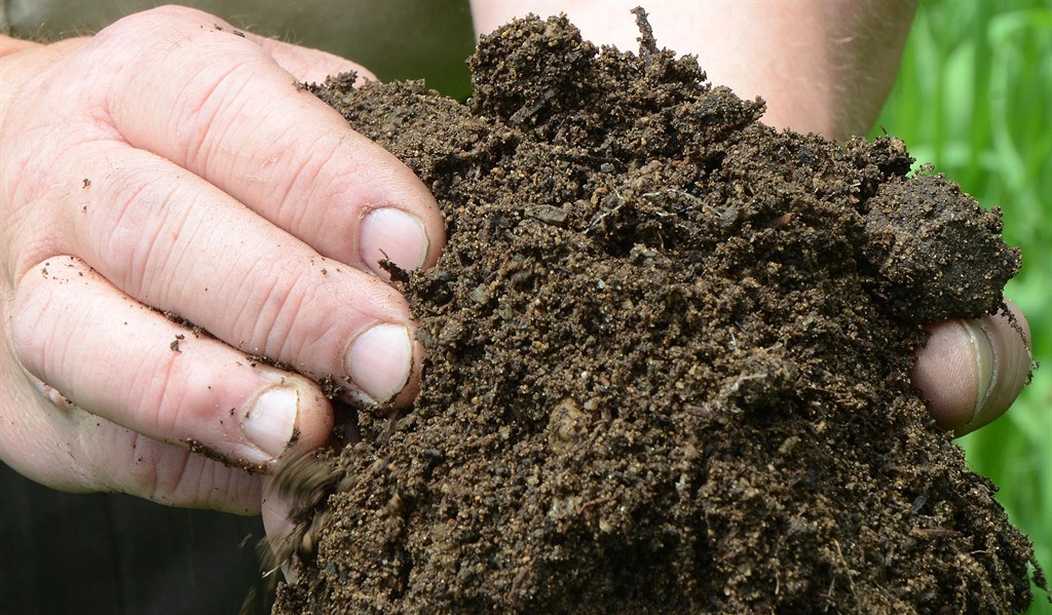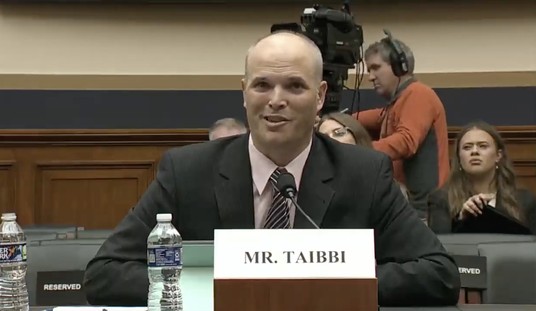Despite pledging fealty to net-zero climate goals, California has many energy and environmental problems requiring immediate attention. The state is literally on fire, annually, due to poor forest management practices. The rooftop solar industry is on the verge of collapse. California vehicle standards have locked in about 20 states into obtuse electric vehicle (EV) mandates. Intermittent solar and wind power is increasingly curtailed by the state’s grid operator.
But what's the top concern in the Golden State right now? Expediting the implementation of a 2022 law to allow human composting.
The L.A. Times, unsurprisingly, is giving new light to it ahead of 2027, when it goes into effect. Former California Assemblywoman Cristina Garcia, the bill’s author, told the publication, "I love the outdoors and I really want to be a tree in my afterlife.”
She continued, “My family has a crypt in Mexico, where there are no trees or shade around .... I want my soil to be used specifically for a plum tree, my favorite fruit, and my loved ones can visit me there."
The publication cited human composting “pioneer” Katrina Spade of Recompose - a Seattle-based public benefit corporation billed as the “world’s first human composting company” - pushing this effort in the states. She wrote in 2016, “The truth is, the last gesture most of us will make on this earth is toxic.”
Spade previously founded the nonprofit Urban Death Project, revealing to the Austin Chronicle the nonprofit’s mission is to “create new alternative death care that is equitable, ecological, and meaningful.”
The aforementioned news report claims human composting, or Natural Organic Reduction (NOR), costs between $4,950 to $7,000 per burial –excluding transportation and embalming. Recompose’s process takes two months and costs $7,000.
Media reports have insisted the practice is “carbon-neutral.” CNN is under the illusion it’s environmentally-friendly and will “help slow the climate crisis driven by burning fossil fuels that produce planet-warming greenhouse gas emissions such as carbon dioxide and methane.”
Recommended
But there’s debate over NOR being sustainable. Ed Bixby, president of the Green Burial Council, told CNN the process isn’t entirely carbon-free because “machinery operated by electricity and transportation of bodies, materials and remains” are still involved in human composting—processes that are, ironically, dependent on continued fossil fuel usage.
The Green Burial Council also linked to this white paper on the environmental cost and impact of NOR. It revealed that human composting - gasp! - still releases greenhouse gasses into the atmosphere like conventional burial services.
The white paper explained, “Composting itself releases a fair amount of greenhouse gasses, primarily carbon dioxide (CO2), along with other gasses. Aerated composting releases relatively little methane (CH4), and smaller amount of nitrous oxide (N2O). Bodies composted in conservation burial graves almost certainly release more methane, which is produced in low oxygen environments, but less N20. Both methane and N2O are stronger greenhouse gasses than CO2. Methane is around 23 times more powerful at greenhouse warming and N2O is almost 300 times stronger than CO2. A good estimate is that aerated composting will release around 1 ton of methane per 100 tons composted, and only 40 pounds of N2O. That is equivalent to 23 tons of CO2 and 6 tons of CO2 respectively in terms of greenhouse gases.100 composted bodies represent roughly 50 tons of material being composted, and the equivalent of nearly 15 tons of CO2 in non-CO2 greenhouse gasses.”
“The carbon cost of harvesting and preparing this material, as well as the fuel costs for transporting it, should be added to the carbon footprint of the burial,” the white paper continued.
A New York Times profile claimed Recompose has saved “450,000 gallons of gas and 10 million miles driven” as of December 2022. But the white paper corrected the record, noting, “Each gallon of gasoline yields 20 lbs. of CO2, so in reality, they have so far “saved” the equivalent of 11,000 gallons and (if average mileage is 36) just under 400,000 miles. Those people who have not died should not be counted in “carbon emission reduction so far”.”
Talk about an inconvenient truth!
California, however, isn’t the lone state entertaining this niche burial practice. Through Recompose, Spade has successfully pushed this in 10 states–most recently in Delaware.In 2019, Washington State became the first place to adopt human composting.
What does this entail, and who is eligible to undergo NOR? The process is quite energy-intensive and not available for all deceased persons, respectively.
“The state also requires Recompose — and a third party — to test for those pathogens in the resulting soil, as well as heavy metals, including arsenic, lead and mercury. (The state also prohibits people who have contracted certain diseases — tuberculosis, prion infections like Creutzfeldt-Jakob disease — from undergoing NOR.),” wrote the Seattle Times. “Oxygen is another necessary ingredient. Air is blown into each vessel through one set of tubes while exhaust is released through another set, passing through carbon-activated filters.”
Of course, radical environmentalists are cheering on this idea. The Sierra Club beamed with excitement about human composting, writing, “Remember that the carbon you can save after death is nothing compared with what you're capable of while still alive. Plan for your eventual demise, but make your impact here, working to leave the climate better than you found it.”
When I hear about human composting, I’m reminded of the Earth Day founder who murdered and later composted his girlfriend. That story, to this day, still gives me the ick.
Since human composting is premised on the alarmist climate crisis narrative, I’m skeptical and hope my fellow conservationists question it too.

























Join the conversation as a VIP Member